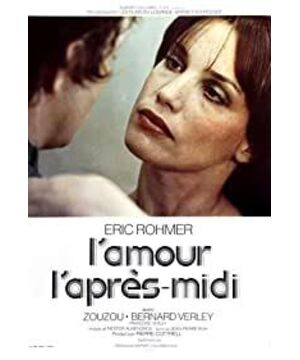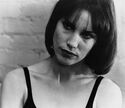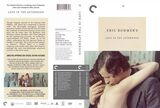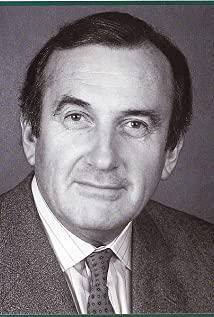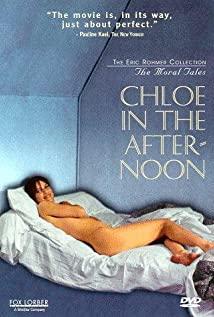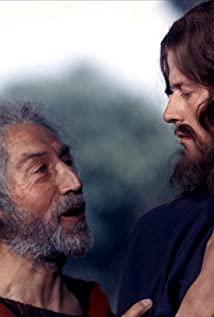A magical autobiography of Rohmer, it can also be said to be a sober self-criticism. The protagonist is a petty bourgeoisie with an orderly life. He commutes between home and work every day. He is surrounded by beautiful secretaries and the beautiful Chloe. This is almost a true portrayal of Rohmer's daily life. A young married man with two sons and his own company, like the protagonist, in addition to going to work during the day and going home at night, he still has some spare time, imagining an encounter on the bus and subway, or an afternoon Chatting with young actresses over tea, one side is Maurice Sheikh, who uses his real name, gentle and loyal, and abides by his responsibility, and the other side is Eric Rohmer, who uses a pseudonym, living a dream life, and retaining the freedom of a teenager in the face of an affair Imagination, but never real results, there is no possibility of the intersection of these two aspects of life. This utopian vision of dual identities later appeared many times in Rohmer's works. Rohmer likes to play with desire, and the scene where the man flees in a panic at the end of the film is impressive. "Freedom is manifested through restrictions." There is a necessary balance between fully having a choice and choosing the only one, and only in this way can it be maintained People's mental health and freedom, the male protagonist wants to escape Chloe, not so much from physical sin, but from the threat of falling into a trap. He is worried about being occupied by the other party, thus losing the position of the eternal dreamer, and investing in his partner. At the moment of his embrace, he regained the right to build a castle in the sky.
View more about Love in the Afternoon reviews


